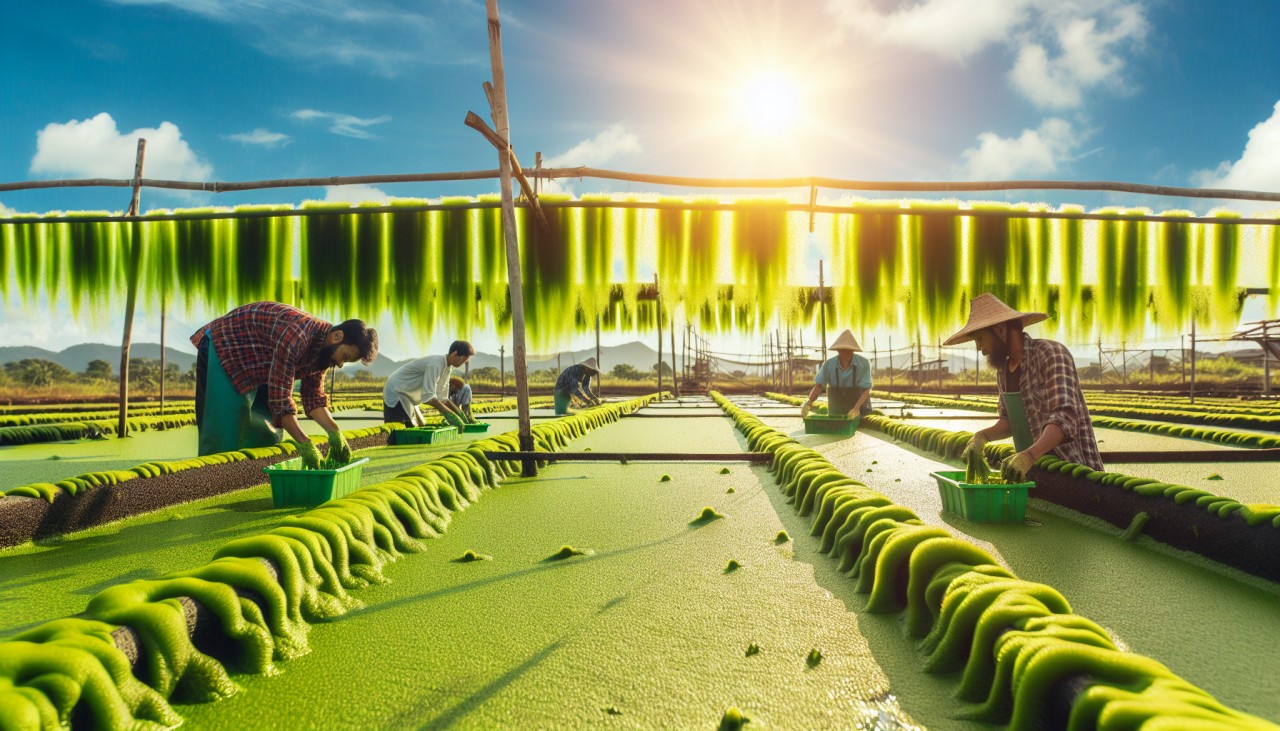Algae biofuel is gaining traction as a sustainable alternative to traditional fossil fuels. Recent studies highlight its potential to reduce greenhouse gas emissions and dependence on non-renewable resources. Algae can produce high yields of oil, which can be converted into biodiesel, making it an attractive option for large-scale energy production. Additionally, algae cultivation can be integrated into existing agricultural systems, providing economic opportunities for farmers and contributing to rural development.
Advancements in biotechnology and genetic engineering are enhancing the efficiency of algae biofuel production. Researchers are developing strains of algae with higher lipid content and faster growth rates, optimizing the conversion process. Moreover, algae cultivation can utilize non-arable land and wastewater, minimizing competition with food crops and reducing environmental pollution. As technology progresses and investment increases, algae biofuel has the potential to play a significant role in the global transition to renewable energy sources.
Key Takeaways
- Algae biofuel offers a sustainable alternative to fossil fuels.
- Recent studies emphasize its potential to reduce greenhouse gas emissions.
- Biotechnology advancements are improving algae cultivation efficiency.
- Algae can be grown on non-arable land and use wastewater.
- Algae biofuel could contribute to rural economic development.
